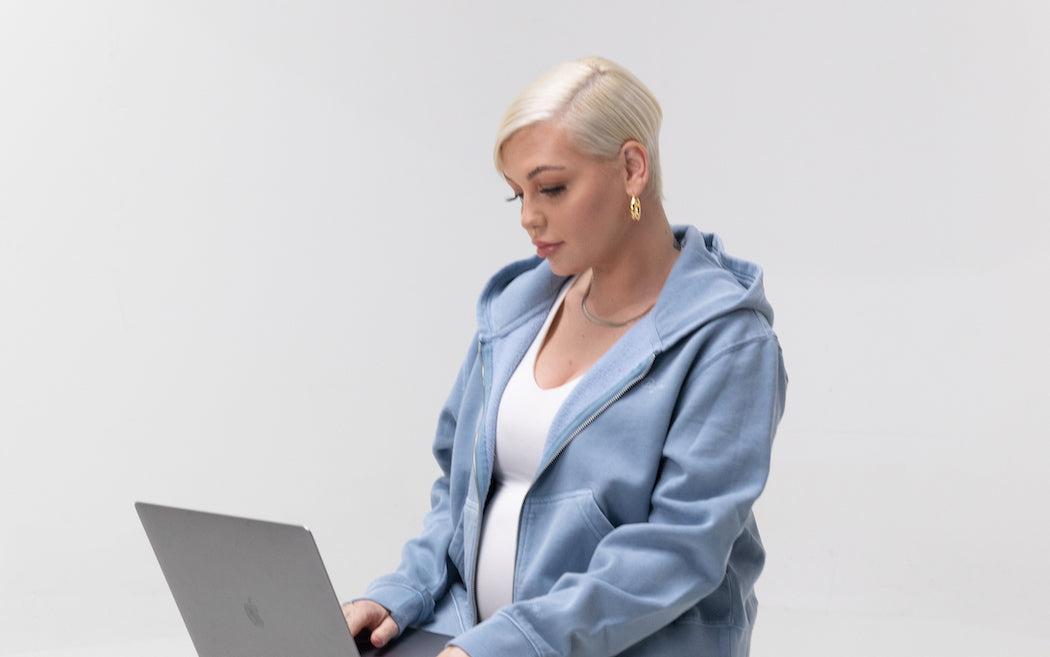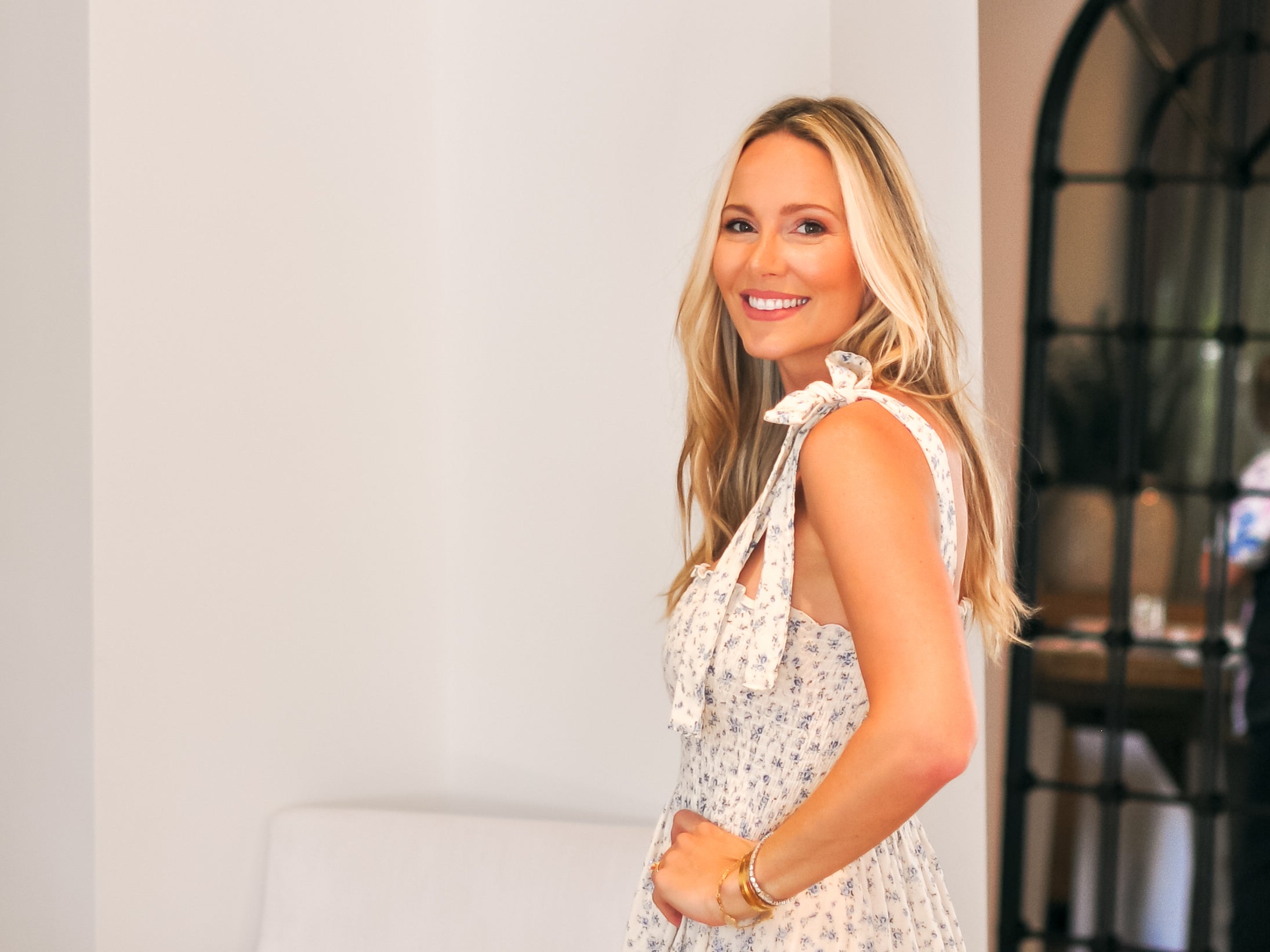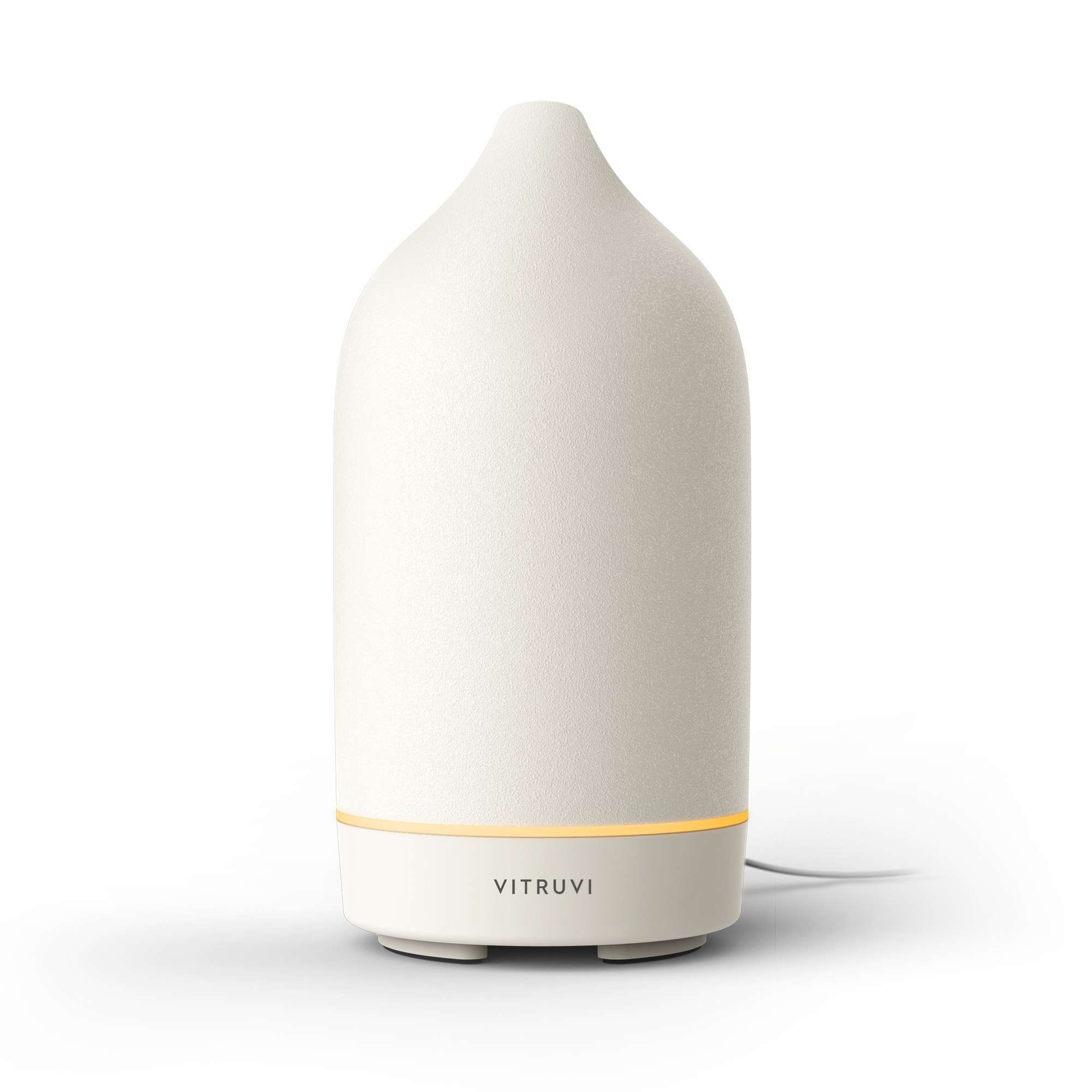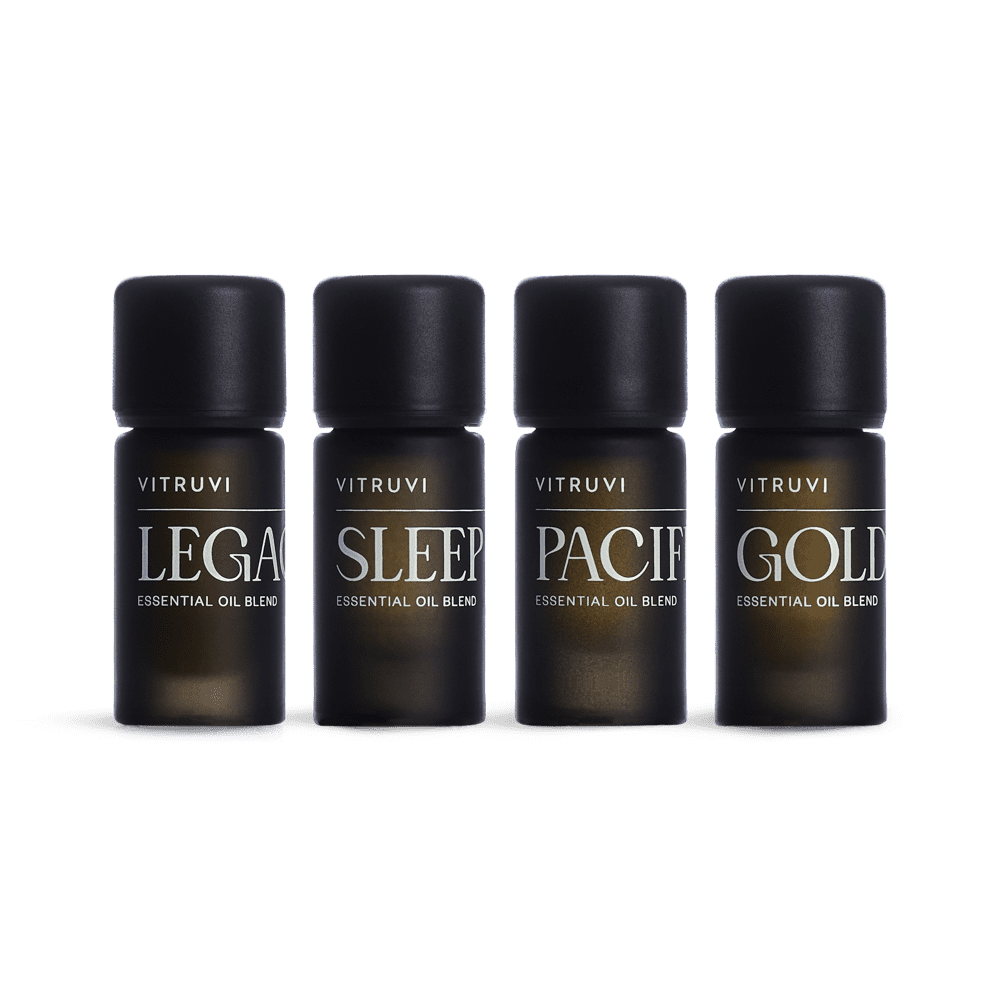Ask JKE is our monthly advice column written by Jackie Kai Ellis. Submit your questions anonymously here.
Dear JKE,
How do I forgive myself for the way I acted at the height of my depression? How do I forgive myself for the pain I caused the ones I love? How do I forgive myself for losing myself...losing my spark? All the consequences of dealing with depression? How do I stay kind to myself when I know I am not showing up as my best self while still navigating emotional wounds and pain?
-The Sorry Depressed
~
Dear The Sorry Depressed,
In the depths of depression’s waters, when you are fighting for air, those who are courageous and loving enough to jump in with you will sometimes get hurt.
It’s heartbreaking for everyone. Because even if they forgive us, forgiving ourselves is often the hardest part.
Ripples in the water
I don’t know what pains you’ve caused, but regardless, I have no judgement; I am no judge. We have all done regretful things that we can likely trace back to survival mechanisms we created as children. Whether we’ve pushed people away or pulled them too close, whether we’ve been aggressors or enablers, it’s true that if we scratch the surface of any story, everyone is fighting their own hard battle. Yours is depression.
It must also be said that, while there is empathy and understanding, it doesn’t mean our actions are without consequence. We push a ball, it rolls; we push, it hurts. Like ripples in water, the decisions we make matter—because we matter.
If how our ripples have affected others isn’t sitting right, asking for forgiveness matters greatly. It can calm waters for others; and even if it doesn’t, it calms the waters inside.
Once we have done the scary work of being honest with ourselves and others, and this water becomes still and clear, we have to try our best to let it be. There are times when, even though others have forgiven us, we replay our past and agonize over it, wishing we could have done things differently. We create a “villain story” where the plot is that we don’t deserve forgiveness, that we don’t deserve to make mistakes like everyone else, that we don’t deserve compassion—even when we’re fighting for air. But the danger of this story is that it isn’t true, and our struggling self-torture can create new ripples again and again, re-harming ourselves and others.
So instead of going over past ripples that make you feel sad, what would it look like to start creating ripples that make you smile? We matter, so the decisions we make can matter in a beautiful way, too.
The spark
Depression feels like a dark, muffled cocoon to me. It’s altogether suffocating and sadly comforting. It feels like nothing is alive, that there’s just a hollow world you’re not a part of. Nothing sparks, and the most painful part is that you yearn to feel again.
The truth is, depression or not, sparks come and go. Mine has—even at what would seem like the height of my career. Living in Paris, traveling, surrounded by beauty, my spark blew out for years. I tried to get it back desperately, to light it again, until I got very tired and was forced to accept that sparks are beautiful because they are impermanent. Life is not static, so when we are taught that nothing is a given, we learn to appreciate what is truly precious; and we know with the same certainty that what is painful is just as impermanent.
I longed for my spark; I still do. But I choose to learn to love myself in the dark, in every iteration of me. I know that when the spark comes back—and it will as surely as it left—I will savor its bright light so much more. Because now I’m unafraid to sit in the pitch black.
Your best self
Brokenness is a crucial part of being our best selves, and so are the ones we love. Everyone, in all of history, was and is broken. And everyone deserves a support system.
Yes, we are imperfect. But we are our best selves only when we can say, “I am broken, I am fragile, but I am courageous, because love is resilient.”












